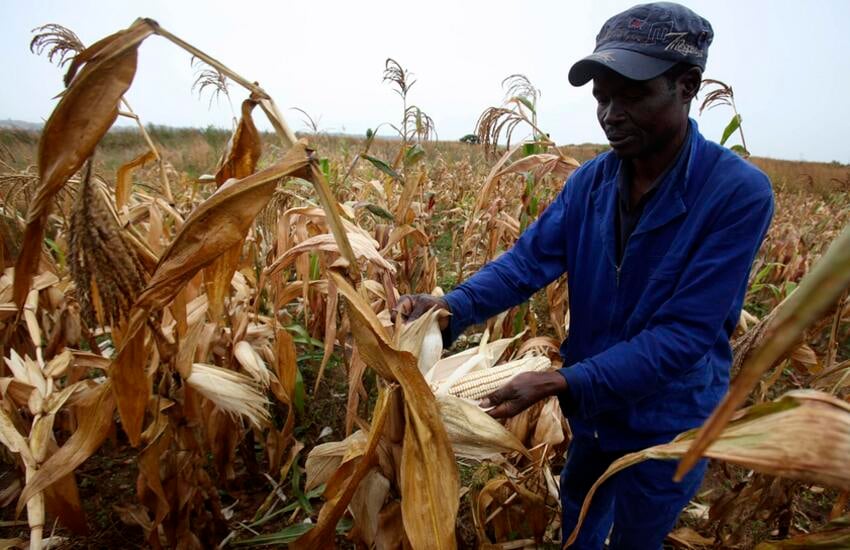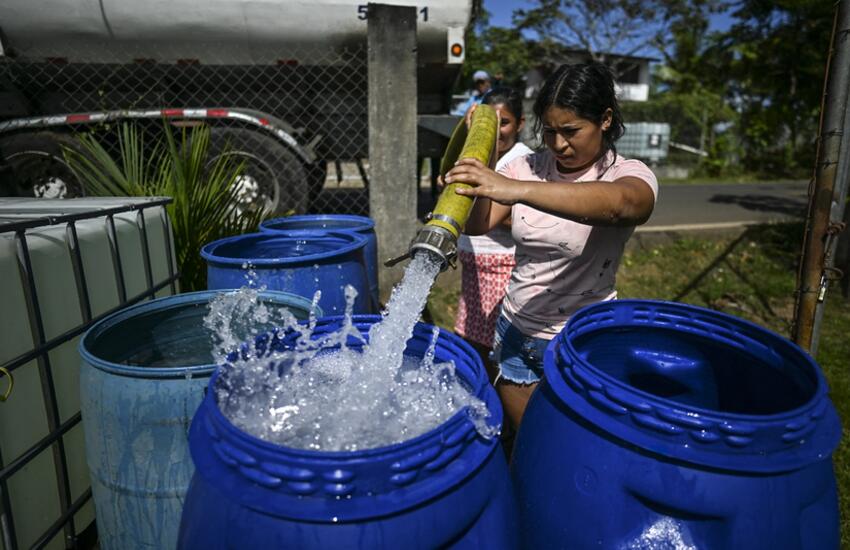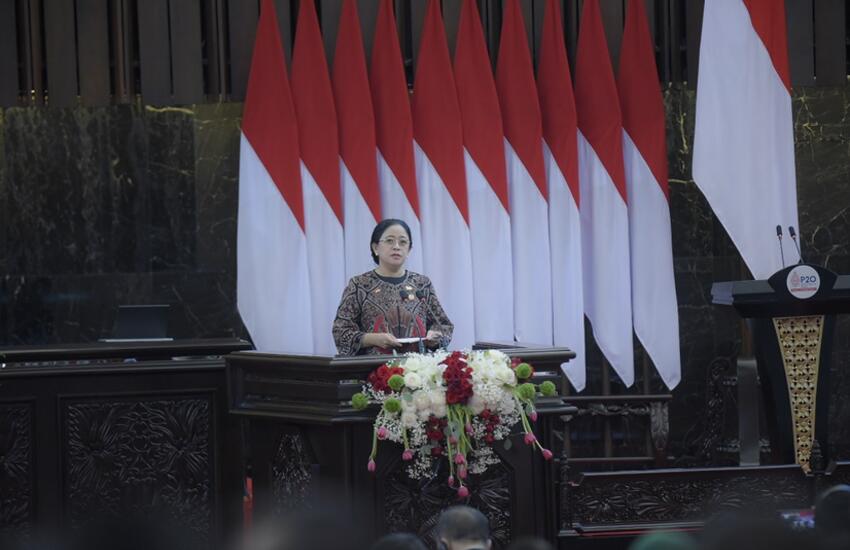When Benin requested support with the management of its chemicals and related waste, the IPU connected the west African Parliament with experts at the United Nations and organized a training course for parliamentarians.
Less than a year later, the National Assembly passed Law 2022-36 on the management of chemical products and their waste, helping to protect the health of Benin’s 13 million people as well as the wider region.
From fertilizers to the pesticides sprayed on cotton crops, chemicals are widely used in Benin but they are often applied with little knowledge or understanding of the risks. In one harvest season, pesticides poisoned 147 people, including 10 who lost their lives.
Benin’s approach has included ratification of international agreements – such as the Basel, Rotterdam, Stockholm and Minamata Conventions – and as part of these commitments, it wanted to introduce the appropriate laws and regulations.
As a result, Benin’s National Assembly immediately took notice when the IPU and UNEP issued a joint policy note in 2021 to urge a green recovery from COVID-19. The note outlined five areas of action, including chemicals and waste management, and invited parliaments to get in touch if they ever wanted technical assistance. In 2022, Benin’s National Assembly reached out.
By September 2022, the IPU, UNEP and Benin’s National Assembly had designed and organized a one-day workshop for 50 MPs in Cotonou, Benin’s largest city. A UNEP expert delivered the workshop in person, while other experts attended virtually. An expert from Burkina Faso shared his insights and experiences too.
The workshop reviewed the state of chemicals and waste management in Africa, as well as the main challenges and issues associated with the subject. It also provided an overview of the main international chemical and waste management processes as well as the appropriate national measures.
Less than a year later, the 109 members of the National Assembly had developed and voted for the comprehensive new law, whose 78 articles align closely with the workshop content. The law sets out the obligations of the State, professionals and civil society, as well as the rules for production, marketing, registration, import and export, packaging, labelling, advertising, disposal and recovery, tracking and traceability, and more.
This successful outcome shows how the IPU can connect parliaments to global expertise, enabling them to perform their functions more effectively, including on top priority environmental issues.
Find out more about the IPU’s campaign to mobilize parliaments to act on the climate emergency.












